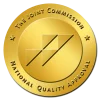The word “depression” is both commonly used and commonly misunderstood.
Some people use the word “depression” as a synonym of “sadness.” Someone might say, “I feel so depressed,” when what they really mean is, “I feel so sad.”
While persistent feelings of sadness can be an indicator of depression, it is important to remember that sadness is an emotion—something everyone feels from time to time for various reasons—and depression is a mental health disorder that can be effectively treated.
But depression is misunderstood in another way, too. Folks have a tendency to think of depression as a single disorder with a single set of symptoms that is treated with a single approach. But “depression” is a catchall word. There are actually many distinct kinds of depression, each of which can have different symptoms and require different kinds of medication, different approaches to talk therapy, and different kinds of lifestyle changes.
Different Kinds of Depression
Let’s take a brief look at the many different kinds of depression.
Major Depressive Disorder: Primary symptoms of major depressive disorder—which is arguably the disorder most people mean when they use the generic term “depression”—are persistent feelings of sadness and a loss of enjoyment in activities that you usually find pleasurable. A range of other symptoms, in any number of combinations, can help confirm the diagnosis. The most effective approach to treatment tends to be a combination of antidepressant medication and talk therapy.
Persistent Depressive Disorder: The word “persistent” is the key to understanding this kind of depression. Persistent depressive disorder is diagnosed when a person has been experiencing symptoms of depression for two years or longer. The disorder is sometimes diagnosed as “mild” and sometimes as “major” based on the intensity of an individual’s symptoms. Treatment for persistent depressive disorder, as with major depressive disorder, is most effective when it includes medication and talk therapy.
Bipolar Disorder: This disorder involves periods of extremely high moods (during which a person is filled with energy) and periods of extremely low moods (during which a person seems to have no energy at all). In the past, this disorder was known as “manic depression,” with “manic” indicating the high moods and “depression” indicating the lows. A combination of medication and talk therapy is the best approach to treatment for those struggling with bipolar disorder.
Psychotic Depression: Though the word “psychotic” has some alarming connotations in popular parlance, the word has a specific medical meaning. The symptoms of psychotic depression include delusions, hallucinations, and paranoia. Immediate treatment is essential for a person suffering from this disorder. That treatment may include antidepressants, antipsychotic medications, and—in some cases—electroconvulsive therapy.
Seasonal Affective Disorder: Many people find themselves feeling blue and having less energy during the parts of the year when the days are shorter. Of course, the stresses of the holiday season and the colder weather can contribute to these feelings, but the cause can also be seasonal affective disorder—cleverly abbreviated SAD. Treatment for SAD includes supporting your levels of vitamin D via dietary changes and/or the use of a lightbox that simulates sunlight.
Postpartum Depression: Many new mothers (and some new fathers, too) experience the symptoms of depression after the birth of a child. The symptoms tend to be similar to those of major depressive disorder, and they can be particularly disruptive for a person who is trying to adjust to caring for a baby. Treatment often involves talk therapy and participation in a support group. Medication is sometimes prescribed, but with particular care—especially if a mother is breastfeeding.
Premenstrual Dysphoric Disorder: This disorder can arise at the start of a person’s menstrual cycle. It is frequently characterized by symptoms including rapid mood swings, anxiety, irritability, a sense of being overwhelmed, trouble concentrating, and changes in appetite or sleep routines. Antidepressant medication can be an effective approach to treatment. Oral contraceptives can also provide relief from symptoms associated with premenstrual dysphoric disorder.
Atypical Depression: The word “atypical” means “unusual,” and what makes atypical depression unusual is that positive experiences can relieve the symptoms of the disorder for a period of time. Generally speaking, the symptoms of the various kinds of depression are not much impacted by events in a person’s life. Symptoms of atypical depression may include overreacting to criticism, sleeping too much, and more. Medication is often helpful. Your doctor may also want to check for hypothyroidism.
Situational Depression: This variety of depression is technically not a psychiatric disorder, but it is sort of the flip side of atypical depression. The symptoms of situational depression arise when something negative happens in a person’s life—including loss of a loved one, chronic illness, or difficulties at work, school, or home. Talk therapy is often the best approach to dealing with the challenges of situational depression.
Deeper Dives into the Varieties of Depression
You can find more detailed considerations of these forms of depression here, here, and here.
We Can Help You Deal With Depression—And More
At Johnstown Heights Behavioral Health—located in Johnstown, Colorado—we offer personalized treatment for mental health disorders. With a staff of highly trained psychiatrists, psychologists, medical doctors, nurses, therapists, and mental health technicians, we have the expertise and the empathy needed to help you improve your mental health—and your quality of life.







